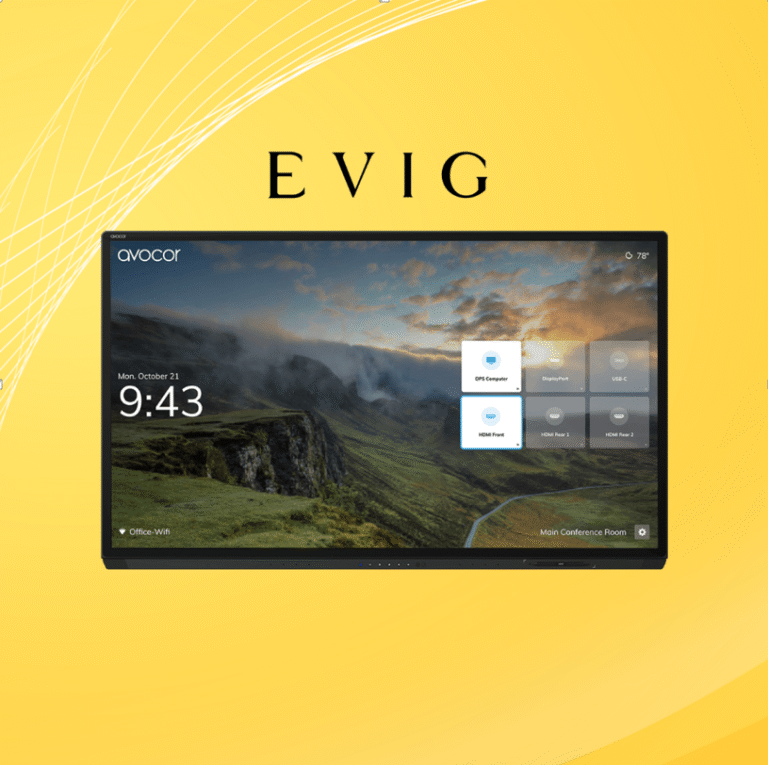Quantum computing is no longer a far-off concept confined to science fiction or academic theory; it’s rapidly becoming a reality with the potential to revolutionize industries ranging from medicine to finance. As technology advances at an unprecedented rate, quantum computing promises to tackle problems that classical computers cannot, opening up new avenues of research and development. This article dives deep into the world of quantum computing, explaining its fundamentals, applications, challenges, and the path forward.
What is Quantum Computing?
Quantum computing is a cutting-edge area of computing that leverages the principles of quantum mechanics to process information in ways that classical computers cannot. While traditional computers use binary bits (0s and 1s) to represent data, quantum computers use quantum bits, or qubits. These qubits can exist in multiple states simultaneously thanks to a phenomenon known as superposition. This enables quantum computers to process vast amounts of data at speeds that classical computers could never achieve.
See also: redeepseekcom
The Power of Qubits
Qubits are the foundation of quantum computing. Unlike traditional bits, which can only be in one of two states (0 or 1), qubits can exist in a superposition of both states. This allows them to perform many calculations in parallel, vastly improving computational efficiency.
Quantum Entanglement: The Key to Unbelievable Speed
Entanglement is another key concept in quantum computing. It refers to the phenomenon where two or more qubits become linked together in such a way that the state of one qubit affects the state of another, even if they are physically separated. This connection allows for incredibly fast data processing and problem-solving capabilities.
The Evolution of Quantum Computing
Quantum computing is still in its infancy, but its potential is so profound that it has captured the interest of governments, tech giants, and academic institutions worldwide. Here’s a quick overview of its journey:
- Early Theories (1980s-1990s): The concept of quantum computing was first proposed by physicists such as Richard Feynman and David Deutsch, who recognized that quantum mechanics could be used to solve complex computational problems.
- First Quantum Algorithms (1994): Peter Shor’s groundbreaking work in 1994 showed that quantum computers could theoretically break widely used encryption systems in seconds, sparking an explosion of research in the field.
- Experimental Quantum Computers (2000s-2010s): In the early 2000s, companies like IBM and Google began developing experimental quantum computers, paving the way for more practical applications. In 2019, Google achieved “quantum supremacy,” a milestone where a quantum computer completed a task that would have taken a classical computer thousands of years.
- The Current Landscape (2020s): As of the 2020s, quantum computing is transitioning from theoretical and experimental phases into practical, real-world applications, with companies like IBM, Microsoft, and Honeywell leading the charge.
Applications of Quantum Computing
Quantum computing holds immense potential across several fields. Below are some of the most promising applications that could change the world:
1. Drug Discovery and Healthcare
Quantum computing could revolutionize the field of healthcare by simulating molecular structures and predicting how different compounds will interact. This could accelerate the development of new drugs and therapies for complex diseases like cancer, Alzheimer’s, and HIV.
2. Cryptography and Cybersecurity
One of the most talked-about applications of quantum computing is its potential to crack encryption systems currently used for cybersecurity. While this poses a threat, it also offers the possibility of creating much stronger encryption methods that quantum computers themselves cannot break.
3. Financial Modeling and Risk Analysis
Quantum computers can simulate and optimize financial markets with unprecedented accuracy, allowing for better risk management, investment strategies, and economic forecasting. This can lead to more efficient trading systems and better decision-making in finance.
4. Optimization Problems
Quantum computing could solve complex optimization problems that would take traditional computers millions of years to process. This has applications in logistics, transportation, manufacturing, and energy systems.
5. Artificial Intelligence and Machine Learning
Quantum computing could drastically speed up machine learning algorithms, enabling faster and more accurate predictions. This is especially important for fields such as autonomous driving, predictive analytics, and personalized marketing.
Challenges Facing Quantum Computing
While quantum computing has massive potential, there are several significant challenges that need to be overcome before it can be widely adopted:
1. Error Rates and Quantum Decoherence
Quantum computers are highly sensitive to their environment, which can lead to errors in computation. Quantum decoherence occurs when qubits lose their quantum state due to interference from external factors. This makes it difficult to maintain stable calculations.
2. Scaling Quantum Systems
Currently, building large-scale quantum computers with thousands or millions of qubits is extremely difficult. Engineers face challenges in maintaining qubit stability and ensuring they can operate in parallel to solve complex problems.
3. Quantum Software Development
Developing software for quantum computers is a complex task, as current programming languages are not designed to handle quantum algorithms. Creating an accessible and efficient quantum software ecosystem will be key to unlocking its full potential.
4. Resource Intensiveness
Quantum computers require extremely cold temperatures (near absolute zero) and sophisticated technology to function. This makes the current infrastructure for quantum computing resource-intensive and costly.
The Future of Quantum Computing
The future of quantum computing looks incredibly promising. While we are still in the early stages, several trends are emerging that could shape the next few decades:
1. Hybrid Computing Systems
In the near future, we are likely to see hybrid systems where classical and quantum computers work together to solve problems. This approach would allow industries to leverage the power of quantum computing without completely abandoning classical systems.
2. Quantum Cloud Computing
The advent of cloud-based quantum computing platforms is expected to democratize access to quantum technology. Companies like IBM, Amazon, and Microsoft are already offering cloud-based quantum computing services that enable businesses to experiment with quantum algorithms without the need for expensive hardware.
3. Breakthroughs in Quantum Error Correction
Researchers are working on techniques to improve error correction in quantum computers, which will make them more stable and reliable for practical use. Once error rates are minimized, quantum computers could become significantly more powerful.
4. Quantum Computing for Sustainability
Quantum computing could be pivotal in addressing global challenges like climate change. From optimizing renewable energy systems to designing new materials for sustainable technologies, quantum computing could help find solutions to some of the world’s most pressing issues.
FAQs: Everything You Need to Know About Quantum Computing
1. What makes quantum computers different from classical computers?
Quantum computers use qubits, which can exist in multiple states simultaneously, whereas classical computers rely on binary bits that can only be in one state at a time. This allows quantum computers to perform many calculations in parallel, making them much more powerful for certain tasks.
2. Can quantum computers break encryption?
Yes, quantum computers have the potential to break current encryption methods by rapidly solving problems that classical computers would take years to complete. However, quantum cryptography is also being developed to create more secure encryption methods resistant to quantum attacks.
3. Are quantum computers already available for use?
While quantum computers are still in the experimental stage, some companies offer cloud-based quantum computing services that allow businesses to test and experiment with quantum algorithms. However, practical, everyday use is still a long way off.
4. What industries will benefit from quantum computing?
Quantum computing could revolutionize industries such as healthcare, finance, logistics, cybersecurity, and artificial intelligence, among others. It could solve problems that are currently too complex for classical computers to handle.
5. What are the main challenges of quantum computing?
Quantum computing faces challenges such as error rates, quantum decoherence, scalability issues, and the complexity of software development. Researchers are working to overcome these challenges to make quantum computing more practical and accessible.
6. What is quantum supremacy?
Quantum supremacy refers to the point at which a quantum computer performs a task that would be impossible or take an impractical amount of time for a classical computer to complete. Google achieved this milestone in 2019 by performing a specific quantum computation faster than the world’s fastest supercomputer.
Conclusion: A Quantum Leap Into the Future
The rise of quantum computing is one of the most exciting technological developments of our time. While we are still in the early stages, the potential applications of quantum computing are vast and could lead to transformative changes across industries. From revolutionizing healthcare and cybersecurity to enhancing artificial intelligence, quantum computing holds the promise of solving some of the world’s most complex problems. While there are still hurdles to overcome, the future of quantum computing looks incredibly bright, and we are on the cusp of witnessing its full potential unfold.




